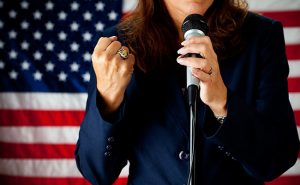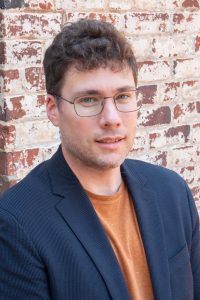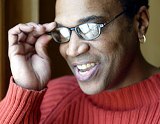Rhetorical Studies
 Rhetoric is the lifeblood of democracy. It appears in every facet of civic life, ranging from presidential speeches to town forums to public discussions at the local coffeehouse or saloon. Rhetoric includes demonstrations of social protest and places of public memory.
Rhetoric is the lifeblood of democracy. It appears in every facet of civic life, ranging from presidential speeches to town forums to public discussions at the local coffeehouse or saloon. Rhetoric includes demonstrations of social protest and places of public memory.
Rhetoric refers to the means by which people create shared meaning to deliberate about contested issues such as the common good. Rhetorical Studies, a cornerstone of the liberal arts tradition, aspires to understand precisely how rhetoric shapes public life, while also inviting scholars to reimagine the possibilities of both.
Students concentrating in Rhetorical Studies can pursue an array of courses in rhetorical production, theory, and criticism. Over their course of study, students learn how to speak and write ethically with rhetorical dexterity; analyze and evaluate the discursive phenomena circulating across public culture; and reason through challenging issues with argumentative rigor.
The concentration prepares students for numerous career paths including law, speechwriting, public advocacy, community organizing, business leadership, political consulting, marketing, and advertising.
Rhetorical Studies prepares students to thrive intellectually in whichever situations they might encounter, while also expanding their capacities to reflect on the human condition and serve the public good.
Faculty
Dr. Cori E. Dauber |
Dr. Christian O. Lundberg |
Dr. Kevin Marinelli |
Dr. Eric King Watts |




